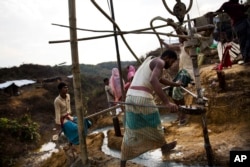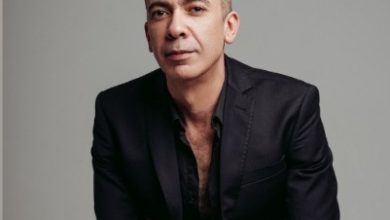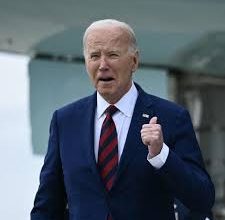Myanmar Bans Special UN Envoy From Visiting Country

The United Nation’s special human rights envoy to Myanmar says the government is barring her from visiting the country to assess the current situation in the East Asian nation.
Wednesday’s announcement by Yanghee Lee coincides with Myanmar’s military disclosing the discovery of 10 bodies in a mass grave in northwestern Rakhine state, which more than 600,000 Rohingya Muslims once called home before fleeing to neighboring Bangladesh to escape a brutal military offensive.
The grave was discovered Monday in the village of Inn Din. The army says it is conducting an investigation.
The South Korean-born Lee said she is “puzzled and disappointed” by the government’s decision, which gives off “a strong indication that there must be something terribly awful happening in Rakhine.”
Amnesty International condemned the decision, calling on the international community to demand access to the region.
“The Myanmar military claim they have done nothing wrong during the past months. If so, the authorities should have nothing to hide. Why are they denying access for independent and impartial investigators?” said James Gomez, Amnesty International’s Director for Southeast Asia and the Pacific.
Myanmar’s military has been accused of launching a scorched earth campaign in August against Rohingya villages in response to attacks on Myanmar police outposts by Rohingya militants.
Rohingya refugees have told human rights workers of a host of atrocities committed by security forces, including random shootings, rapes and the burning down of homes and entire villages. Myanmar dismisses the stories as exaggerated, and the army has cleared itself of any abuses.
The United Nations has described the reported actions carried out by Myanmar forces as “a textbook case of ethnic cleansing.”
The Rohingya minority has been denied citizenship and other rights in Buddhist-majority Myanmar.
Myanmar views the Rohingya as immigrants from Bangladesh, despite the fact that many families have lived in Myanmar for generations.
Turkey’s Prime Minister Binali Yildirim visited the Mainnaghota refugee camp in southeastern Bangladesh on Wednesday and echoed the U.N.’s assessment of the treatment of the Rohingya.
“This is ethnic cleansing,” he said. “No doubt about it.”
He called on Muslim nations to send aid, saying if they want to “do a blessing,” the Rohingya refugee camps are “the best place. If they want to serve their religion, this is the best place.”
While in Bangladesh, Yildirim handed over two ambulances from Turkey for use in the medical treatment of Rohingya refugees.





